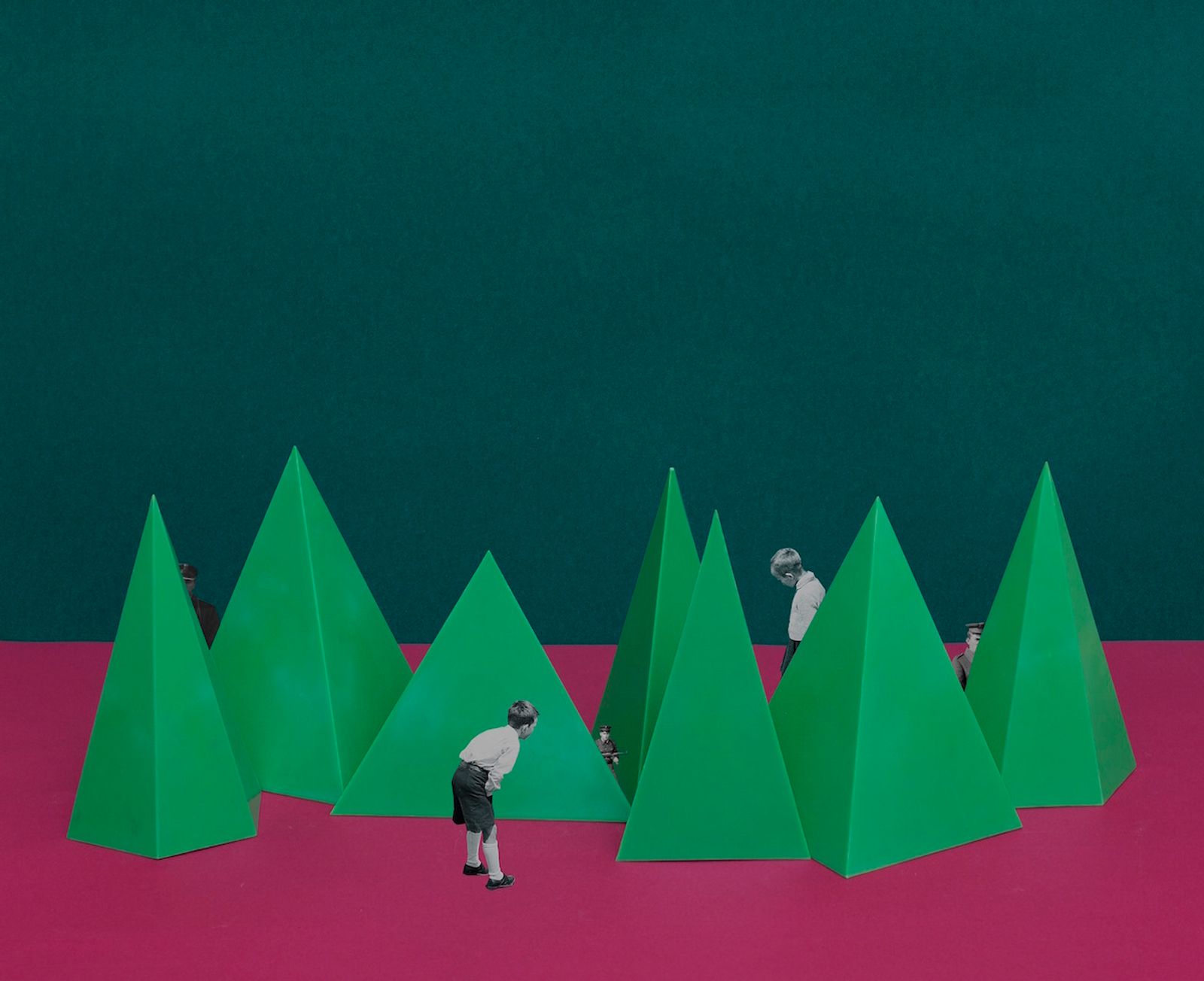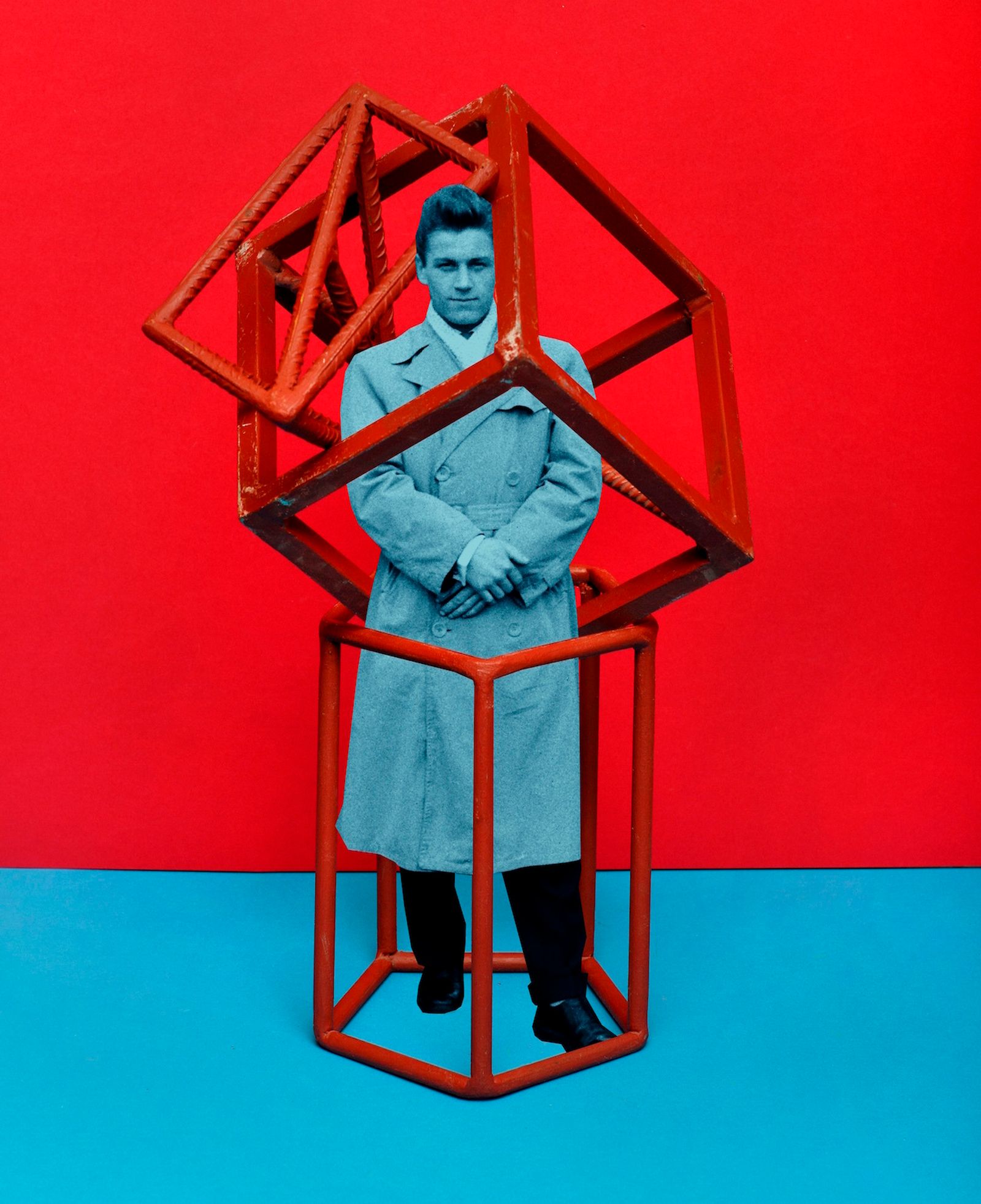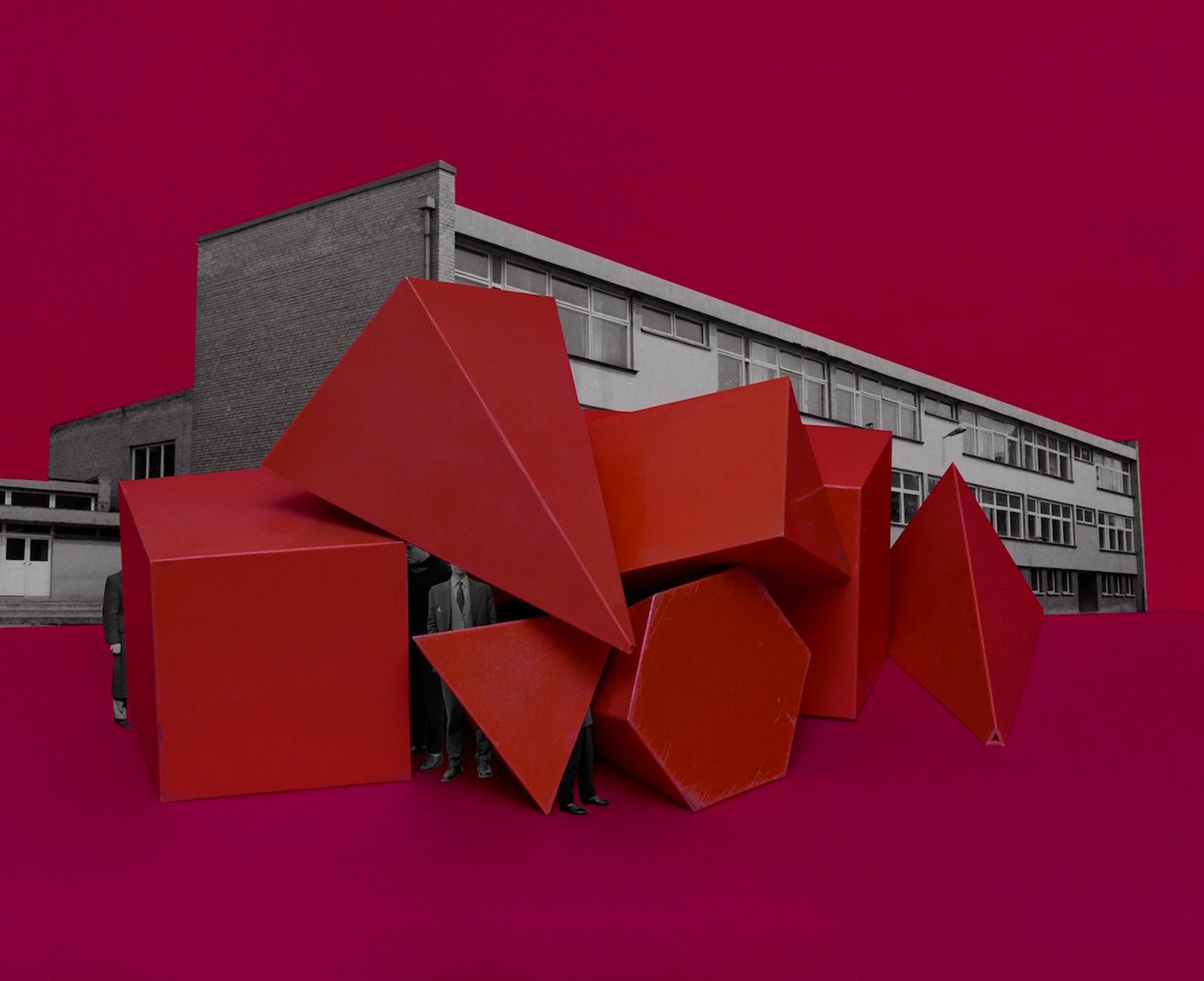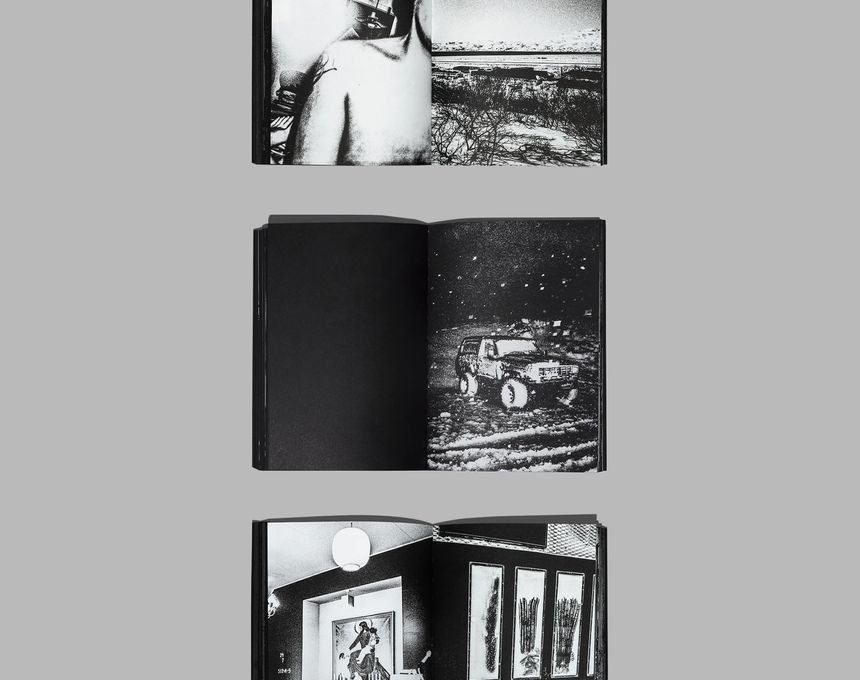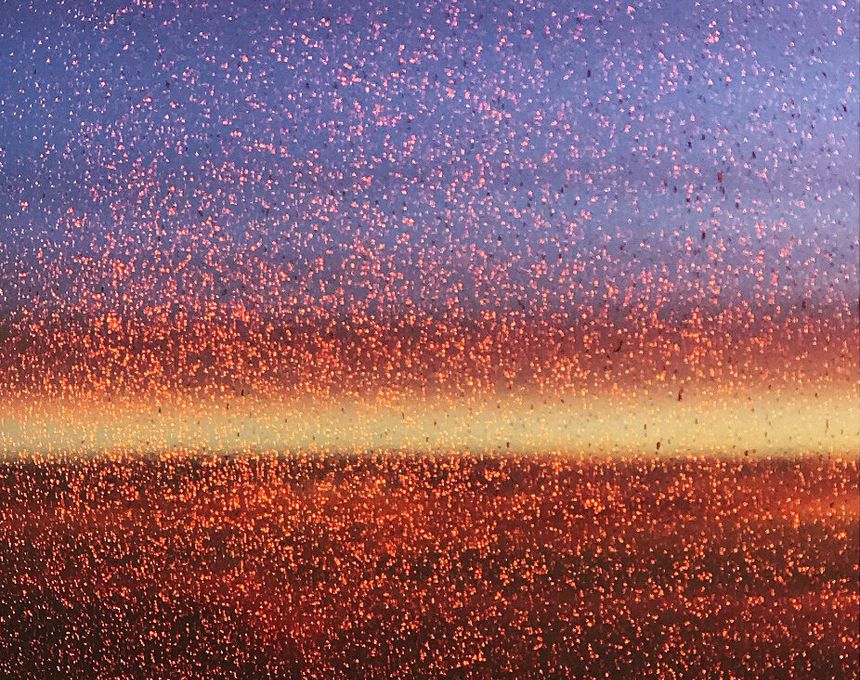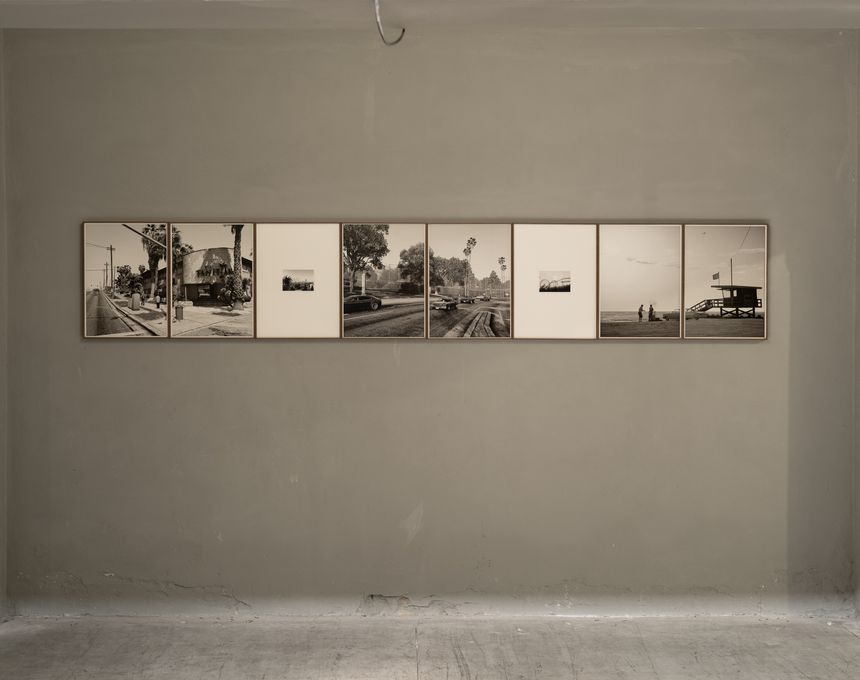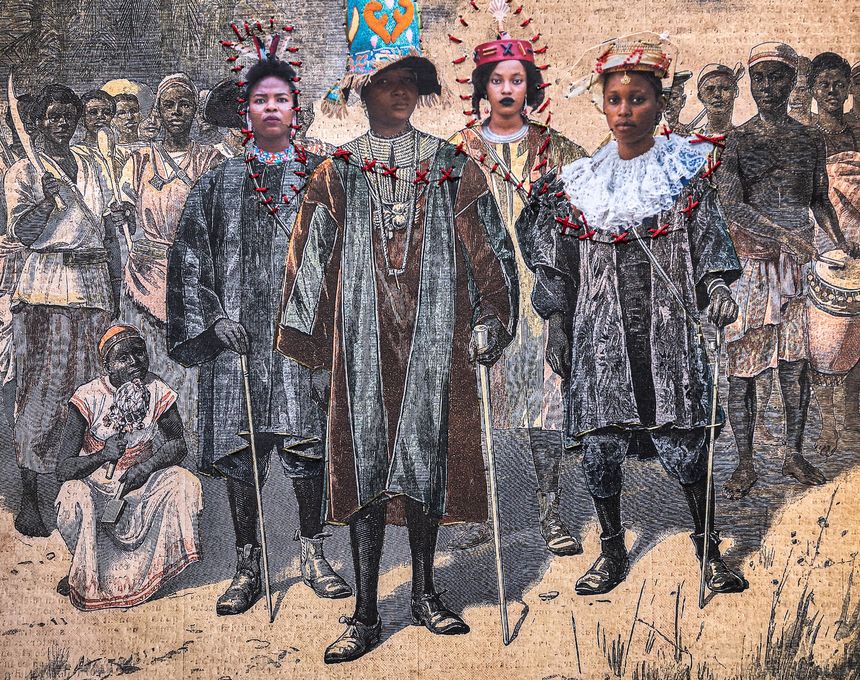Collages of Resistance
-
Published14 Jun 2018
-
Author
In his new book The First March of Gentlemen, Rafal Milach creates a fictitious narrative through collaged archive material and offers a playful metaphor for the present political situation.
In his new book The First March of Gentlemen, Rafal Milach creates a fictitious narrative through collaged archive material and offers a playful metaphor for the present political situation.
Rafal Milach’s latest book, published by GOST Books, proves once more the diversity of his practice. A tale narrated in bright, playful collages and sequenced as an animated movie, The First March of Gentlemen holds deep political resonances. “The timing of my research was crucial. I didn’t initially plan to do a story referring to Poland’s political climate but there has been a major shift since late 2015 that lead to a permanent state of protest and I felt that I had to react to it”, Milach comments.
Developed in 2016 on the occasion of a residency in the small town of Września – the only long-term residency photo program in Poland - the work is based on the limited material Milach had at hand there. Interested in existing imagery, he browsed various private and institutional archives – that of firemen, local museums, city guards – and retained two main inspirations.
The first, inseparable to the identity of the place, was the children’s strike that erupted in 1901-1902 in reaction to the Germanisation of education, while the second is the archive of local photographer, Ryszard Szczepaniak, who documented the life of this town in the 1950’s, at a relatively oppressive time of Polish history. Drawing on those two events, Milach constructed a fictitious narrative that echoes a universal issue – the struggle for individual freedom within a larger system. “I created these scenes to translate my utopian vision of civic society. That was my direct response to what started to happen in 2016 and is still going on today”, Milach comments.
Each tableau, largely referring to constructivist imagery in terms of geometry and colour, depicts young men trapped into constricted spaces, seemingly accepting their curse. Whether they understand that their freedom is an illusion is unclear but the linear structure of the book, progressing towards open cages and larger free groups – after a character forced an enclosure - suggests that citizens may have the power to affect the system. That is, until we close the book, and wrap it with a string in another gesture of pacification.
Despite the tragedy of having history repeating itself, “the book talks about being aware of the fact that we might lose, that we might be manipulated, that we might have to struggle against greater forces, but we still have to react, respond or manifest that we don’t agree”, Milach concludes. “It may be an idealistic thinking, or it may not.”
--------------
The First March of Gentlemen by Rafal Milach
Publication date: April 2018 // Second Edition // Hardback
Text by Maciej Pisuk, Rafal Milach, and Karol Szymkowiak
Design by Rafal Milach and Ania Nacka-Milach
Limited to 650 copies (including 50 special editions) // 72 pages // 16.5 x 20.7 cm // £30
--------------
Rafal Milach is a Polish visual artist, photographer, author of photobooks, and co-founder of the Sputnik Photos collective. His work focuses on topics related to the transformation in the former Eastern Block. Follow him on Instagram.
Laurence Cornet is a writer and curator based in Brooklyn focusing on cultural and environmental issues.
